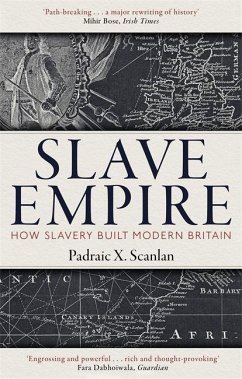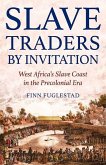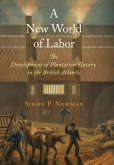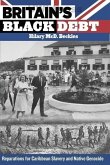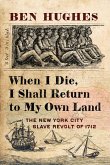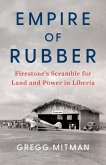'Engrossing and powerful . . . rich and thought-provoking' Fara Dabhoiwala, Guardian 'Path-breaking . . . a major rewriting of history' Mihir Bose, Irish Times 'Slave Empire is lucid, elegant and forensic. It deals with appalling horrors in cool and convincing prose.' The Economist The British empire, in sentimental myth, was more free, more just and more fair than its rivals. But this claim that the British empire was 'free' and that, for all its flaws, it promised liberty to all its subjects was never true. The British empire was built on slavery. Slave Empire puts enslaved people at the centre the British empire in the eighteenth and nineteenth centuries. In intimate, human detail, Padraic Scanlon shows how British imperial power and industrial capitalism were inextricable from plantation slavery. With vivid original research and careful synthesis of innovative historical scholarship, Slave Empire shows that British freedom and British slavery were made together.

